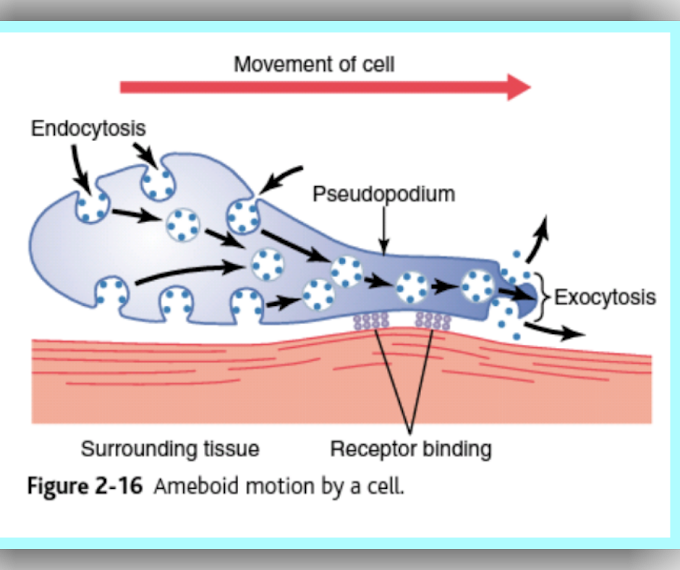Body Fitness Prolongs Life :
Multiple studies have now shown that people who maintain
appropriate body fitness, using judicious regimens of exercise and weight control, have the additional benefit of prolonged life. Especially between the ages of 50 and 70, studies
have shown mortality to be three times less in the most fit
people than in the least fit.
But why does body fitness prolong life? The following are
some of the most important reasons :
Body fitness and weight control greatly reduce cardiovas-
cular disease. This results from (1) maintenance of moderately lower blood pressure and (2) reduced blood cholesterol and low-density lipoprotein along with increased high-density lipoprotein. As pointed out earlier, these changes all work together to reduce the number of heart attacks, brain strokes, and kidney disease.
The athletically fit person has more bodily reserves to call
on when he or she does become sick. For instance, an 80-year old nonfit person may have a respiratory system that limits oxygen delivery to the tissues to no more than 1 L/min; this means a respiratory reserve of no more than threefold to four fold. However, an athletically fit old person may have twice as much reserve. This is especially important in preserving life when the older person develops conditions such as pneumonia that can rapidly require all available respiratory reserve. In addition, the ability to increase cardiac output in times of need (the "cardiac reserve") is often 50 percent greater in the athletically fit old person than in the nonfit person.
Exercise and overall body fitness also reduce the risk for
several chronic metabolic disorders associated with obesity
such as insulin resistance and type II diabetes. Moderate
exercise, even in the absence of significant weight loss, has
been shown to improve insulin sensitivity and reduce, or
in some cases eliminate, the need for insulin treatment in
patients with type II diabetes.
Improved body fitness also reduces the risk for several
types of cancers, including breast, prostate, and colon can-
cer. Much of the beneficial effects of exercise may be related to reduction in obesity. However, studies in experimental animals and in humans have also shown that regular exercise reduces the risk for many chronic diseases through mech-
anisms that are incompletely understood but are, at least
to some extent, independent of weight loss or decreased
adiposity.






0 Comments